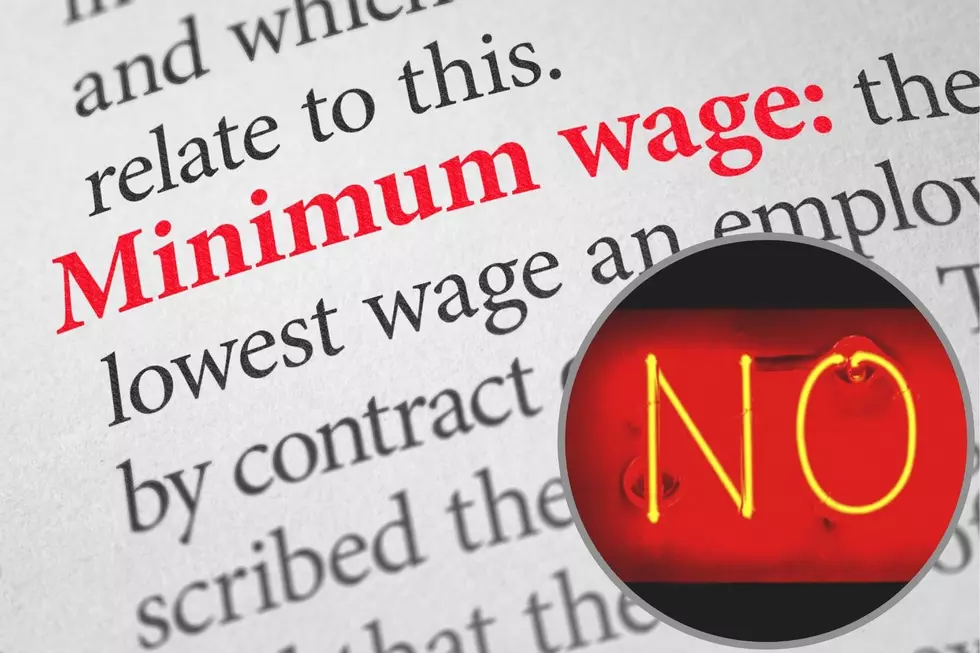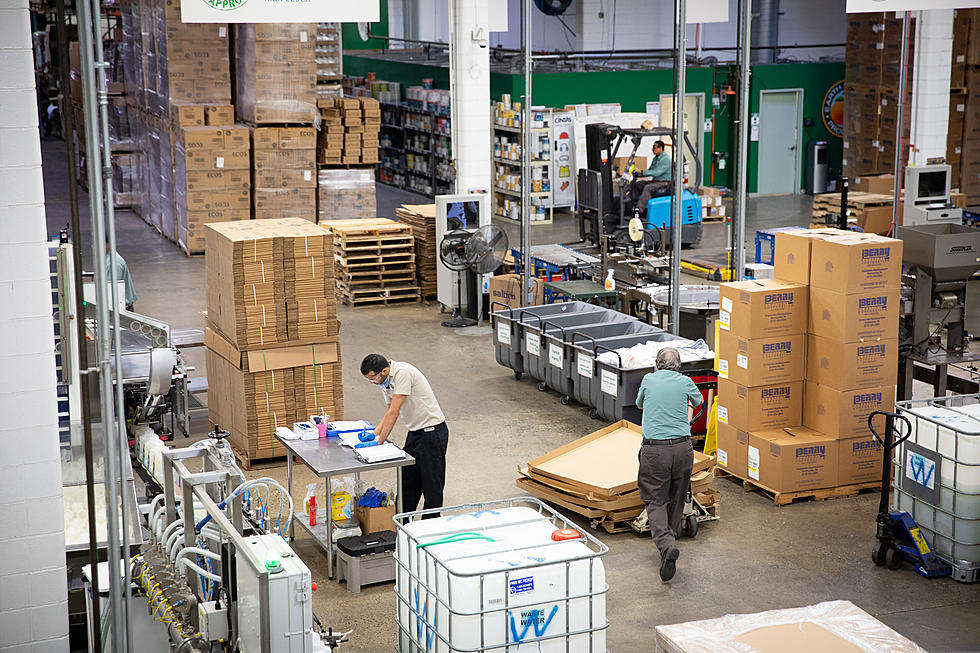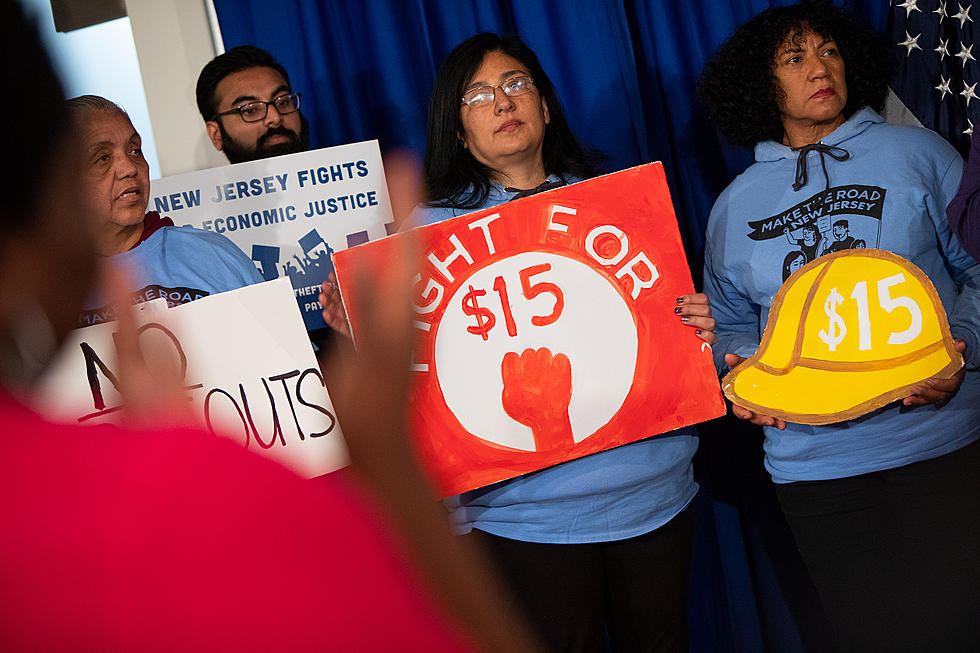![Is the Minimum Wage Ripple Effect Real? [AUDIO]](http://townsquare.media/site/385/files/2013/09/6848823919_724f516a05_z.jpg?w=980&q=75)
Is the Minimum Wage Ripple Effect Real? [AUDIO]
At the beginning of this month, New Jersey raised the minimum wage to $8.25 an hour, and a report by the Economic Policy Institute estimates millions of higher-earning workers in New Jersey and other states will see their salaries raised in order for companies to preserve the wage structure.
So, is this minimum wage "ripple effect" legitimate, or just an interesting theory?
"Some companies will give their other workers a dollar an hour increase, but other firms will give a 25 to 50 cent raise, and many, many others will give no raise whatsoever," said Phil Kirschner, president of the New Jersey Business and Industry Association. "It's really all dependent on how healthy the business is and whether it's growing or not."
Kirschner said many small business owners have told him even though the government says they have to ramp up minimum pay to $8.25, that doesn't mean other workers will see a similar bump.
"That money has to come from somewhere," Kirschner said, echoing the sentiments of these owners, "and my sales haven't increased that much and I may very well not be able to give the other employees a raise -- their raise went to the minimum wage workers."
A lot of small firms are in many ways fighting for their lives, according to Kirschner, against competition from big box stores that can offer a selection and a price they can't meet. The smaller stores are looking for other ways to save money, including hiring younger workers for lower salaries.
"They have no option. If they want to stay in business, it's tough enough, they will keep their payroll at a bare bones in order to survive," Kirschner said. "The reality is, most smaller companies just can't afford to hand out raises to everybody just because the minimum wage has been increased."
More From New Jersey 101.5 FM









